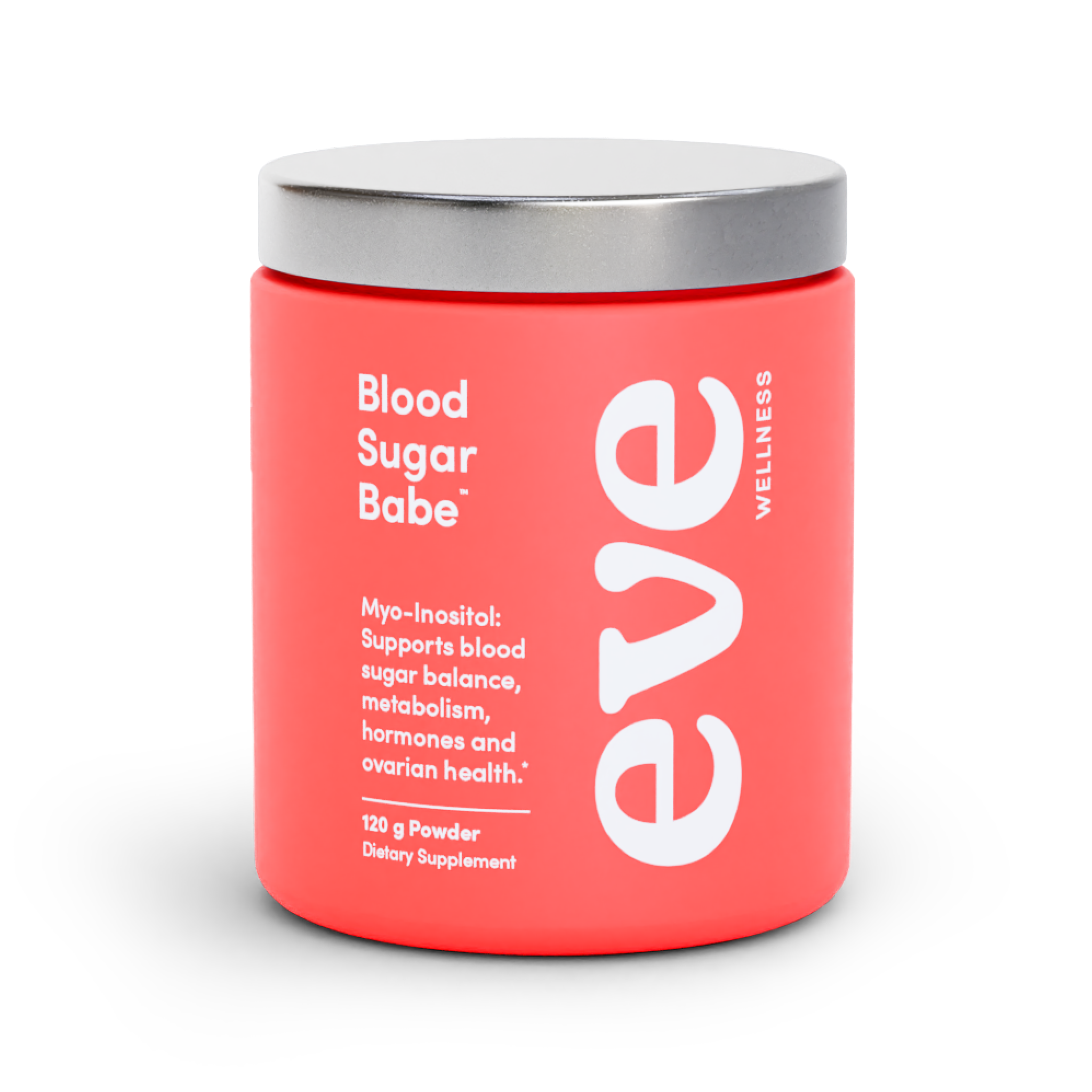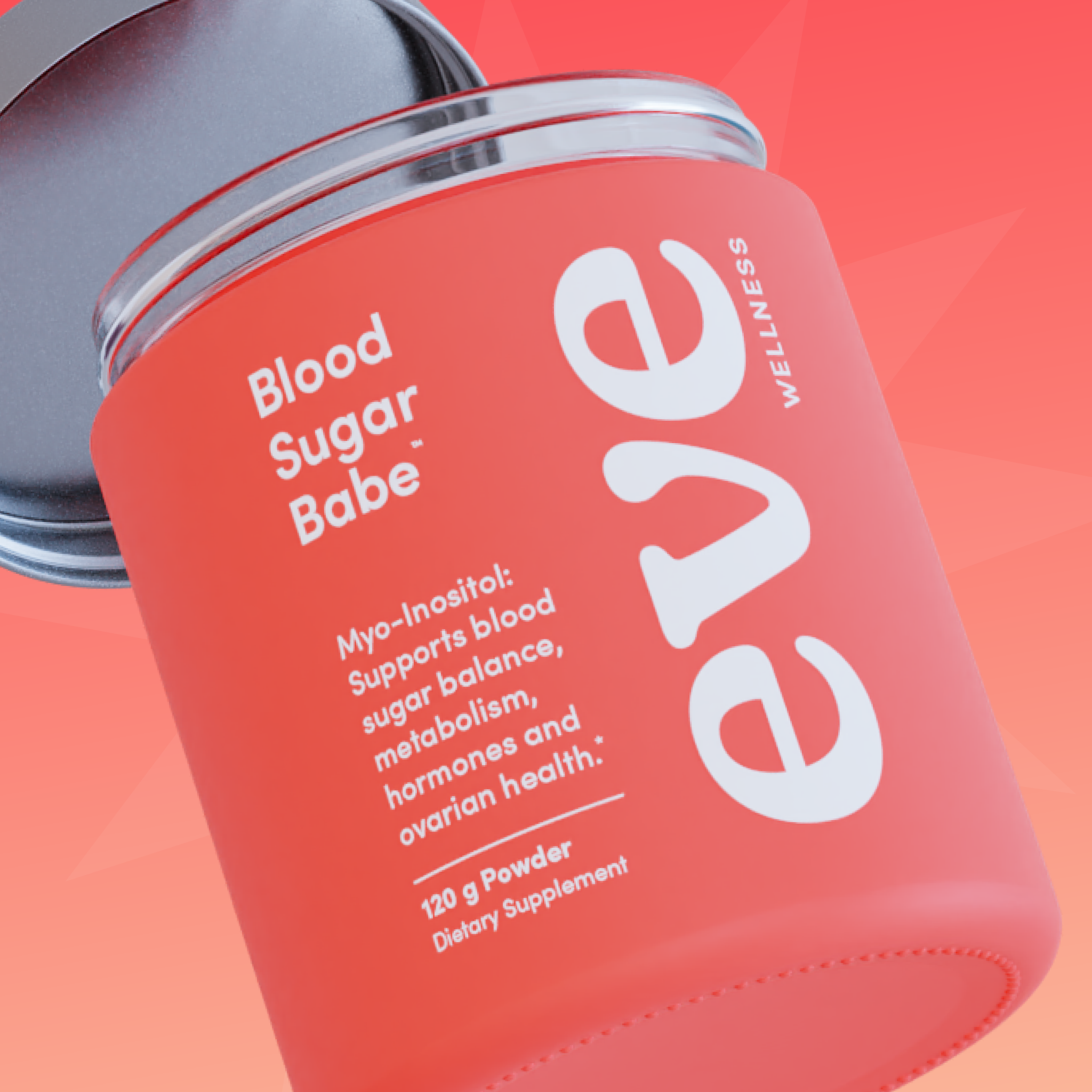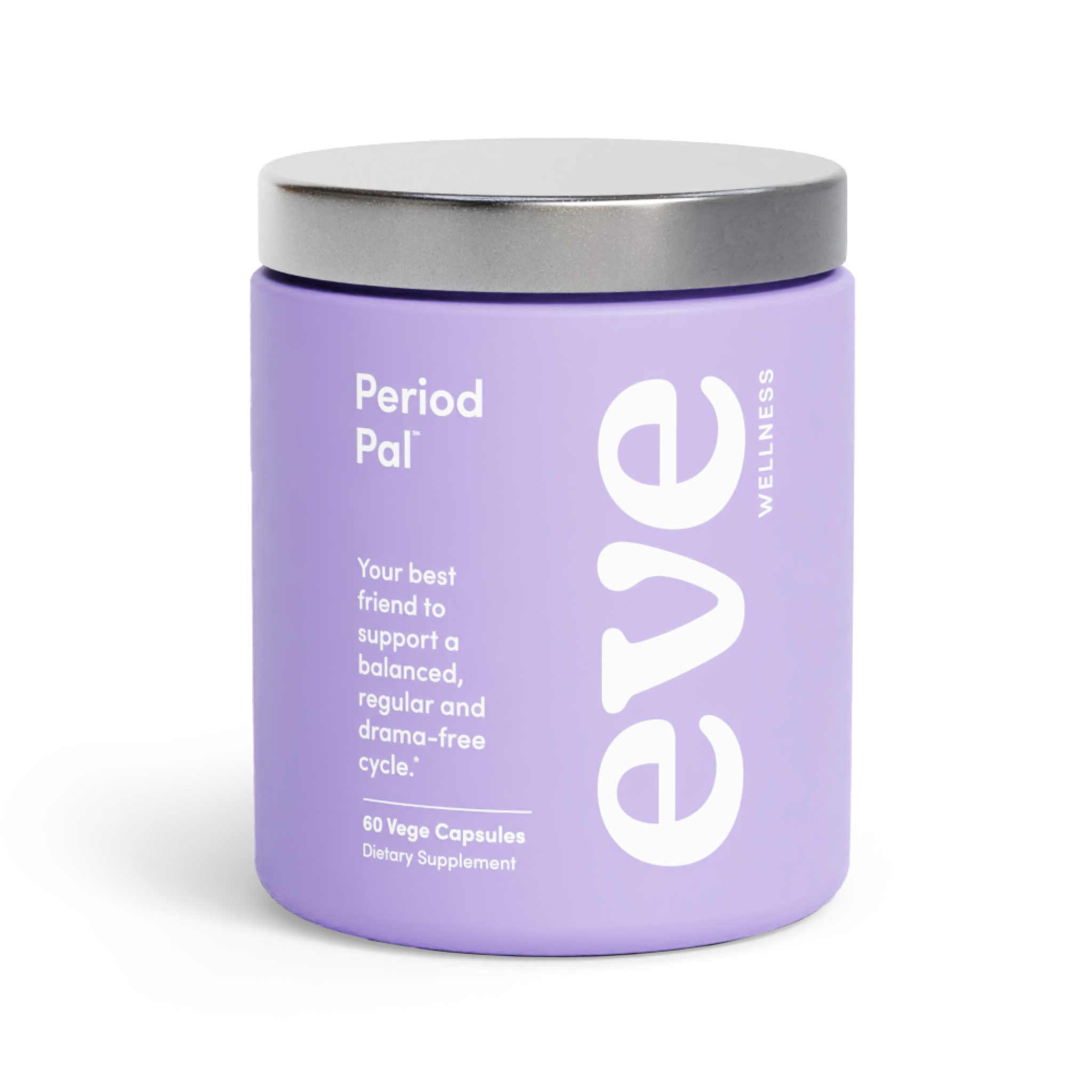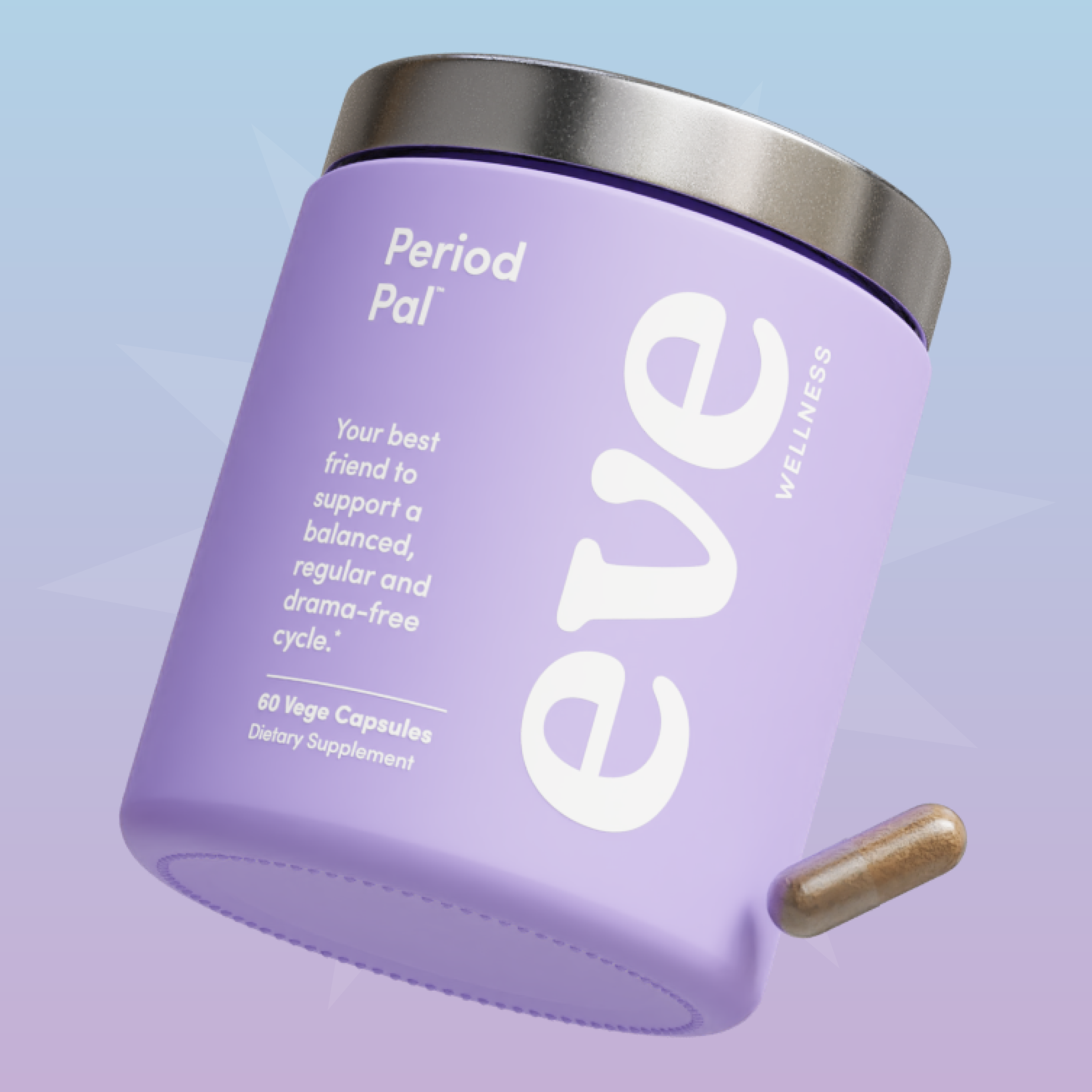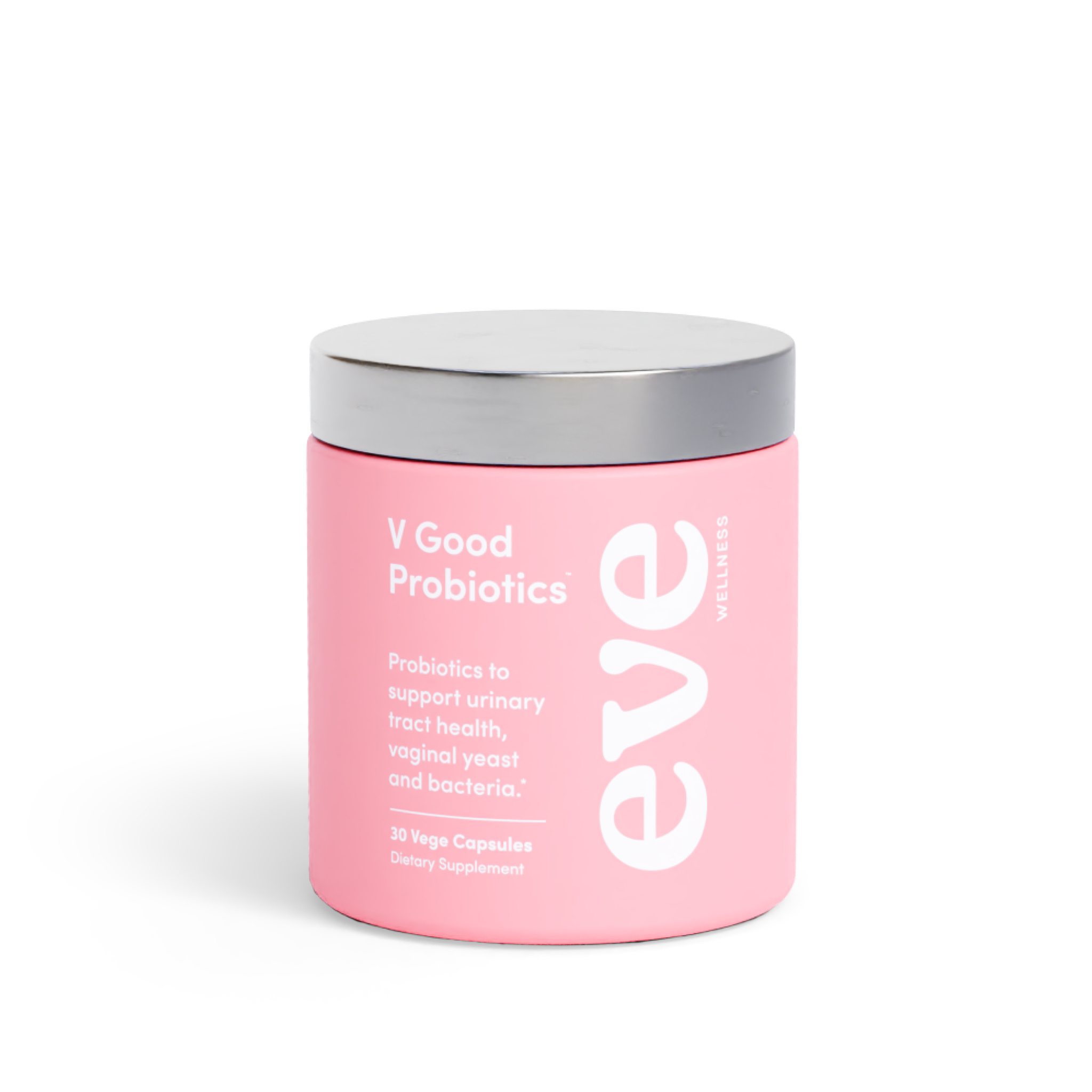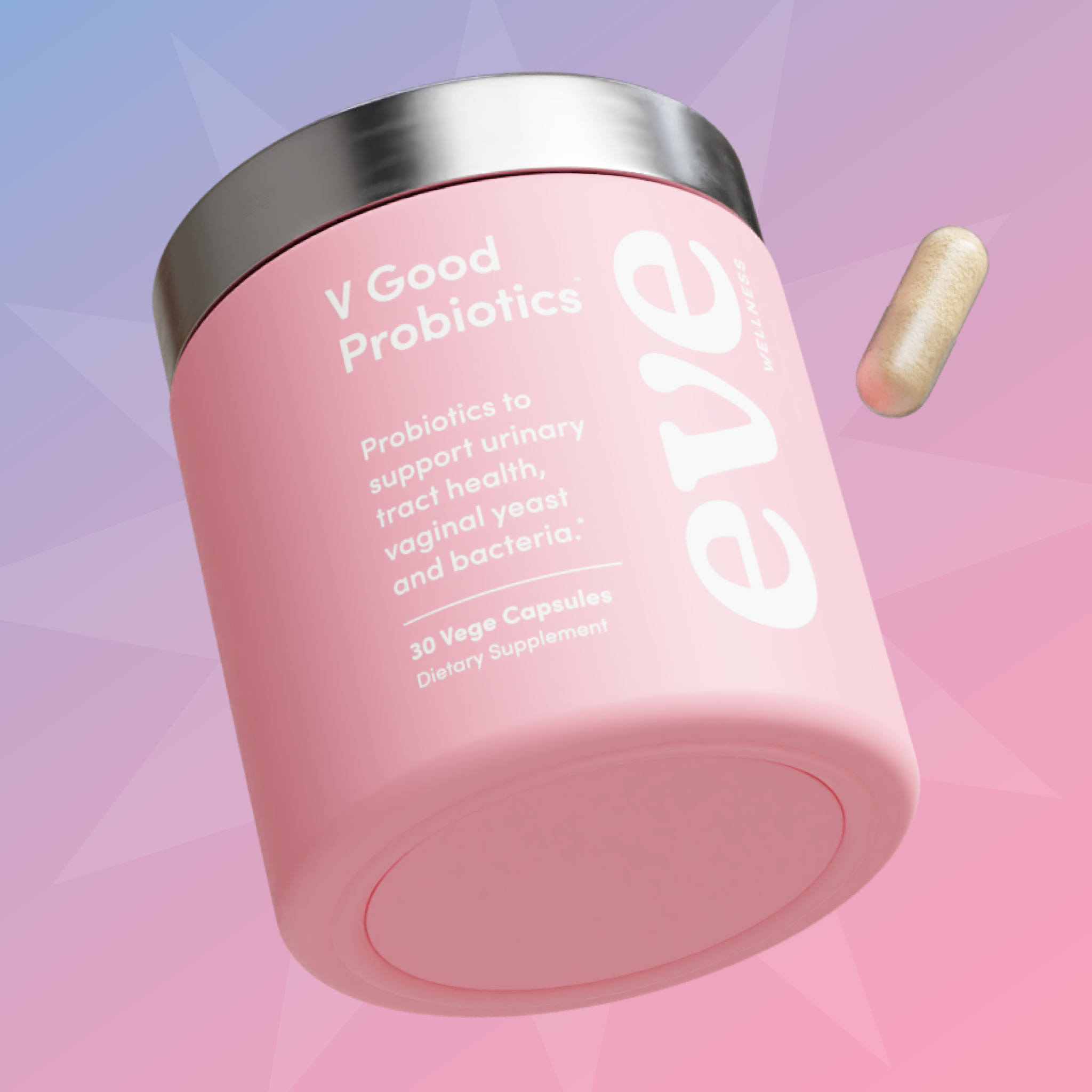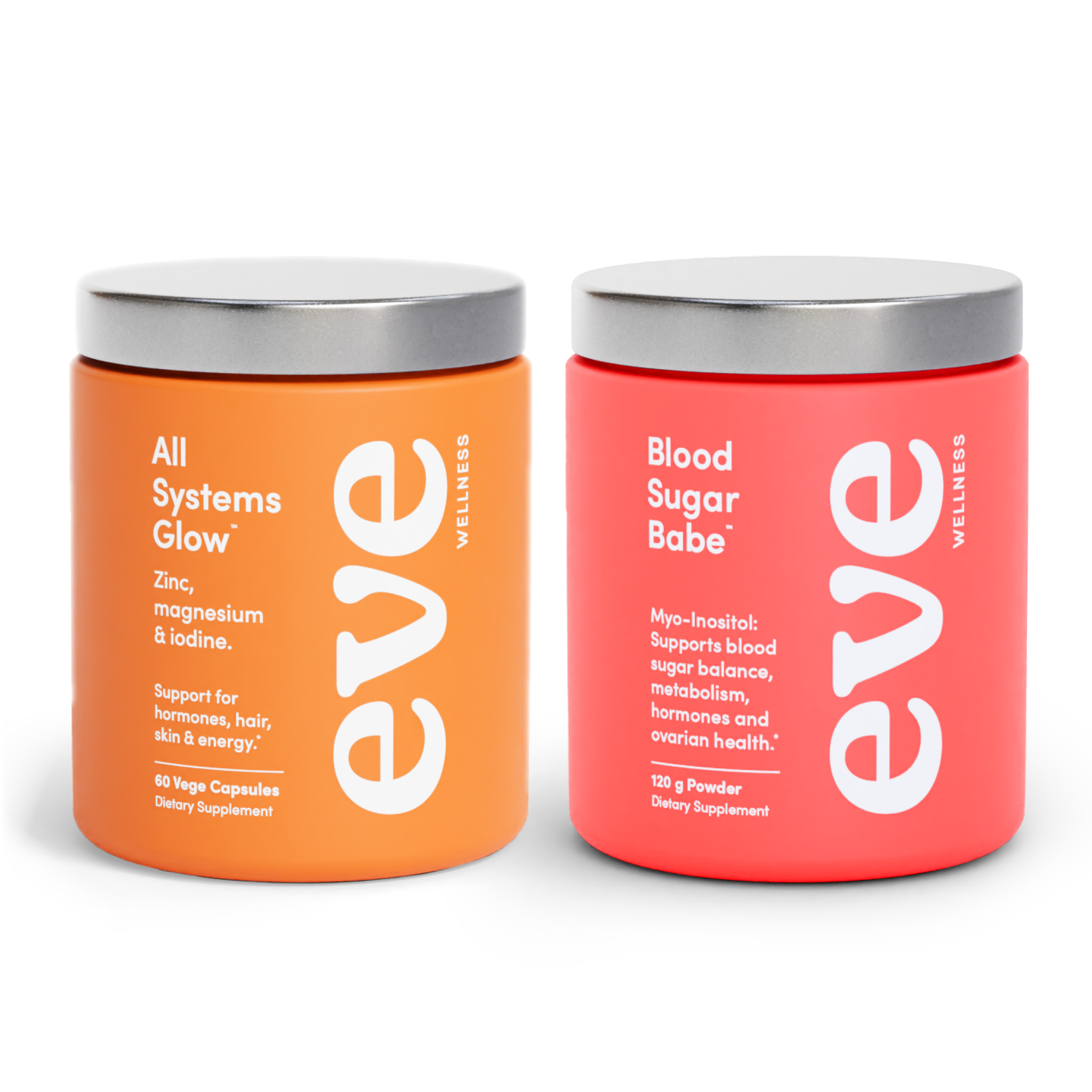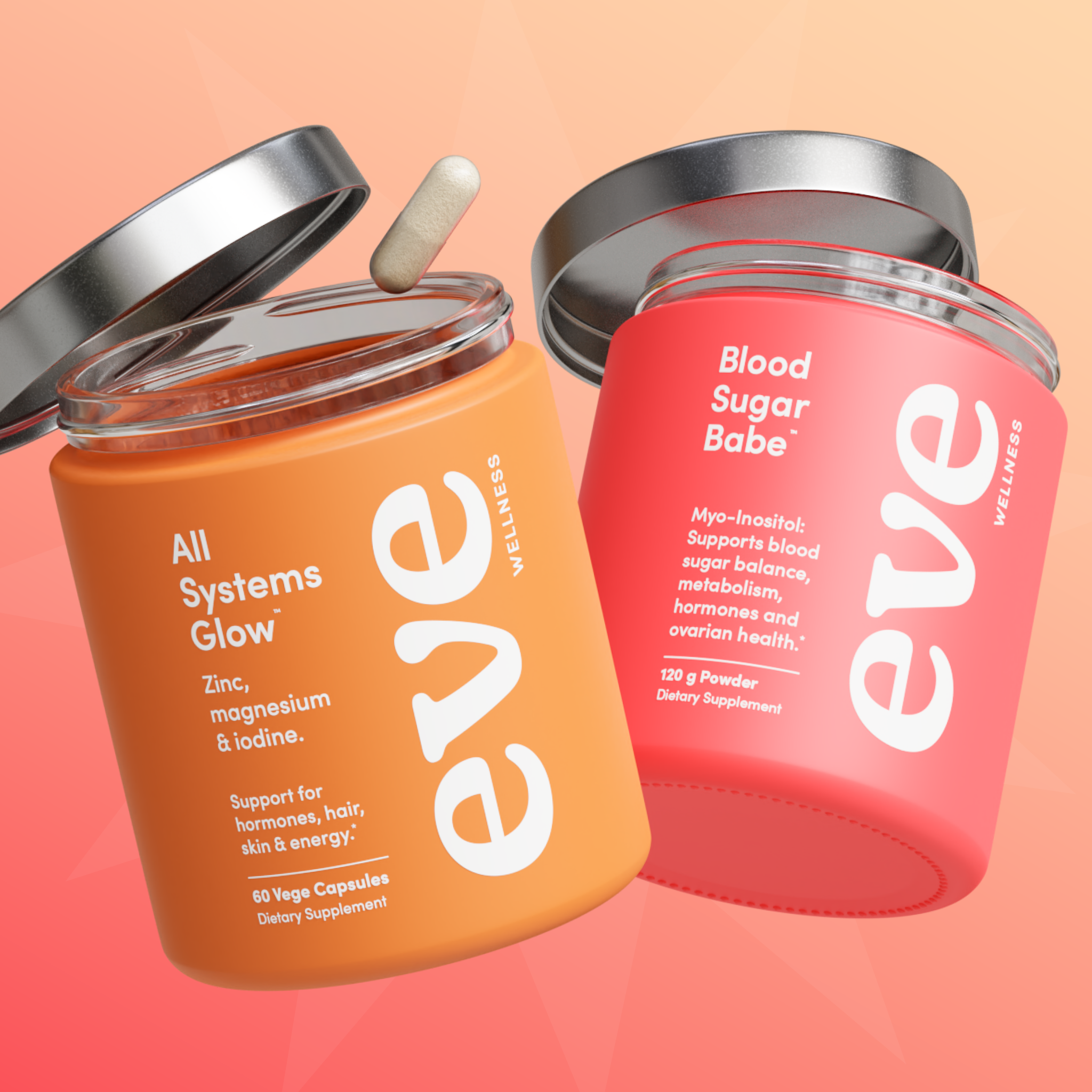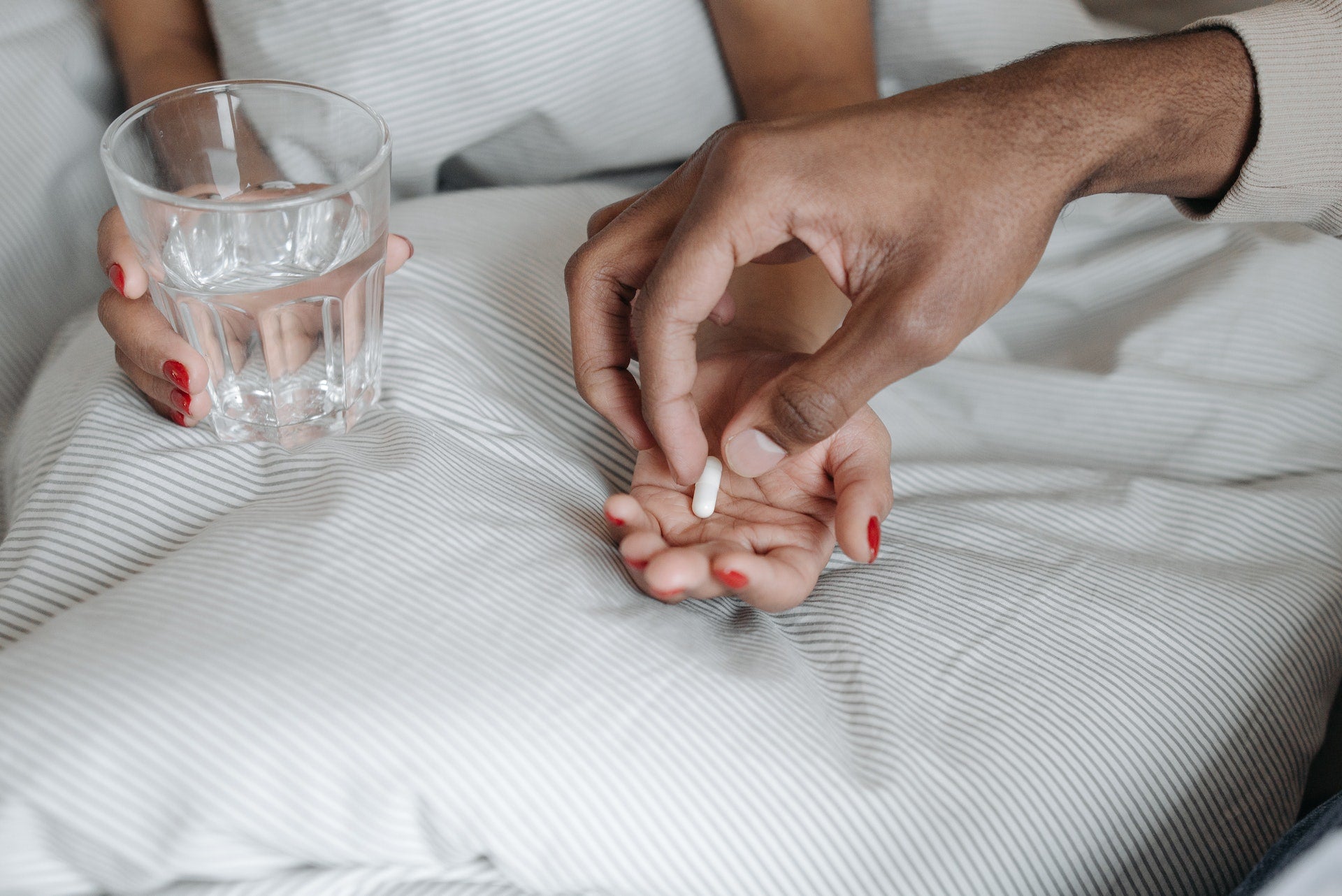The creation of the birth control pill in the 1950’s was nothing short of revolutionary for female reproductive freedom. For the first time in history there was a reliable and convenient way to have sex without a side of pregnancy (gasp!).
This freedom meant more women could go to university, have professional careers and choose when they wanted to have children—an absolute game changer for women everywhere.
Oral contraceptives are still one of the most commonly used forms of birth control today that most of us go on at some stage in our lives. It is estimated that around 26.3% of women aged 16 to 49 in New Zealand are currently taking the pill. But how much do we really know about how the pill works—and how it affects our hormones? Let’s dive in.
A wee disclaimer: Contraception is a personal choice and the best person to discuss the right option for you is your GP. What’s right for one person isn’t right for everyone.
We are big on empowering women to make informed decisions that are best for their body. The purpose of this blog is education, because when deciding what contraception is the right choice for you, it’s important to know exactly how it works and how it can affect you beyond preventing pregnancy.
1. WHAT IS ‘THE PILL’?
When people talk about ‘the pill,’ they are generally referring to the combined oral contraceptive pill. This contains both a synthetic form of oestrogen, called ethinyl estradiol, and one of a range of different forms of synthetic progesterone, known as progestin.
The pill has come a long way in the past 70 years that it has been around, and there are now a whole range of different formulations, each with different levels of synthetic oestrogen and different forms of progestin (such as levonorgestrel, desogestrel and drospirenone).
Less common are progestin-only pills (sometimes called the ‘mini pill’), which don’t contain synthetic oestrogen and are used by women who are breastfeeding or who don’t tolerate the combined oral contraceptive pill well.
2. HOW DOES THE PILL PREVENT PREGNANCY?
The combined OCP works in three ways to prevent pregnancy:
- Preventing ovulation: the combined OCP disrupts the communication between your brain and ovaries and prevents ovulation from occurring each month.
- Changing the uterus lining: making it thinner and much less hospitable for a potential embryo to implant.
- Changing cervical mucus: making it thicker and more difficult for sperm to swim through.
The progestin-only pill works in much the same way, however some women will continue to ovulate while taking it.
3. HOW DOES THE PILL AFFECT YOUR HORMONES?
When our hormones cycle naturally, the brain and the ovaries communicate with each other through ‘messengers’.
If you’re keen on the science, here’s how it all goes down:
- The hypothalamus produces gonadotropin-releasing hormone (GnRH), which signals to the pituitary gland to release follicle stimulating hormone (FSH).
- Follicle stimulating hormone, as you might have guessed, stimulates and matures the follicles on your ovaries, which produce oestrogen as they grow.
- Once oestrogen has reached a nice juicy peak, luteinising hormone (LH) spikes, triggering a release of the egg out of the ovary within 10-12 hours. This is ovulation—the main event of the menstrual cycle that is essential for baby-making and general wellbeing.
When you take the pill however, the addition of synthetic hormones signals to your brain that there are plenty of hormones in your body already so there’s no need to make more. Essentially your ovaries go to sleep and lie dormant while they aren’t needed.
This disrupts the chain of communication between your brain and your ovaries, and stops your body from producing its own natural oestrogen and progesterone.
The pill also increases a protein called sex hormone-binding globulin (SHBG), which binds to specific sex hormones and removes them from direct circulation in the body. This lowers levels of testosterone and other androgens in the body, and is part of the reason why the pill can lead to improvements in acne and changes in libido in some women. It’s also why many women are prescribed the pill for conditions such as PCOS (a metabolic condition characterised by raised androgens).
4. AND HOW DOES THIS IN TURN AFFECT YOU?
More recently there has been a movement led by leading women’s health researchers who are speaking out about the importance of our natural hormones and ovulatory cycles for our general good health. Because like most systems in the body, reproduction is not its only reason for being, and it's actually really important—whether we’re thinking about babies or not.
The hormones produced in a natural, ovulatory cycle benefit our mood, energy levels, skin, brain and bone health, metabolism, libido and more.
The synthetic versions found in the pill are similar enough to bind to our hormone receptors, yet structurally different and lacking many of the same benefits as their natural versions.
This is why it’s important to be aware of how the pill can affect how you feel, in both your mind and your body, and look out for any not-so-great changes.
5. WHAT ABOUT THE PILL FOR REASONS OTHER THAN CONTRACEPTION, SUCH AS IRREGULAR PERIODS & ACNE?
Some women go on the pill for reasons other than contraception, such as:
- Intense period pain;
- Heavy periods that put you at risk of anemia;
- Irregular periods;
- Hormonal acne.
By suppressing natural hormone production, the pill can provide some much needed reprieve from these conditions, however it is more of a ‘band-aid’ than a treatment. Unless you work to address the root cause, these can, and often do, come back with a vengeance when you come off the pill later on.
This is why we created Take Me With The Pill - designed for anyone currently using hormonal contraception such as the pill, IUD or implant etc, or wanting to come off it, Take Me With The Pill replenishes the nutrients depleted by your birth control and eases the transition if you choose to come off it. Take Me With The Pill contains powerful antioxidants, minerals, probiotics and vitamins to support your gut health, libido, mood, energy, digestion, sleep and skin health while using hormonal contraception.
WHAT OTHER CONTRACEPTION OPTIONS ARE THERE?
One question we are asked reasonably often is which method of contraception we recommend. The truth is contraception is very personal—what’s right for one person isn’t right for everyone.
When deciding which option might be a good fit for you, the most important thing is that you understand how it works in your body, and the potential risks and benefits that come with it.
Note: We recommend chatting to your GP before starting or stopping any form of contraception.
